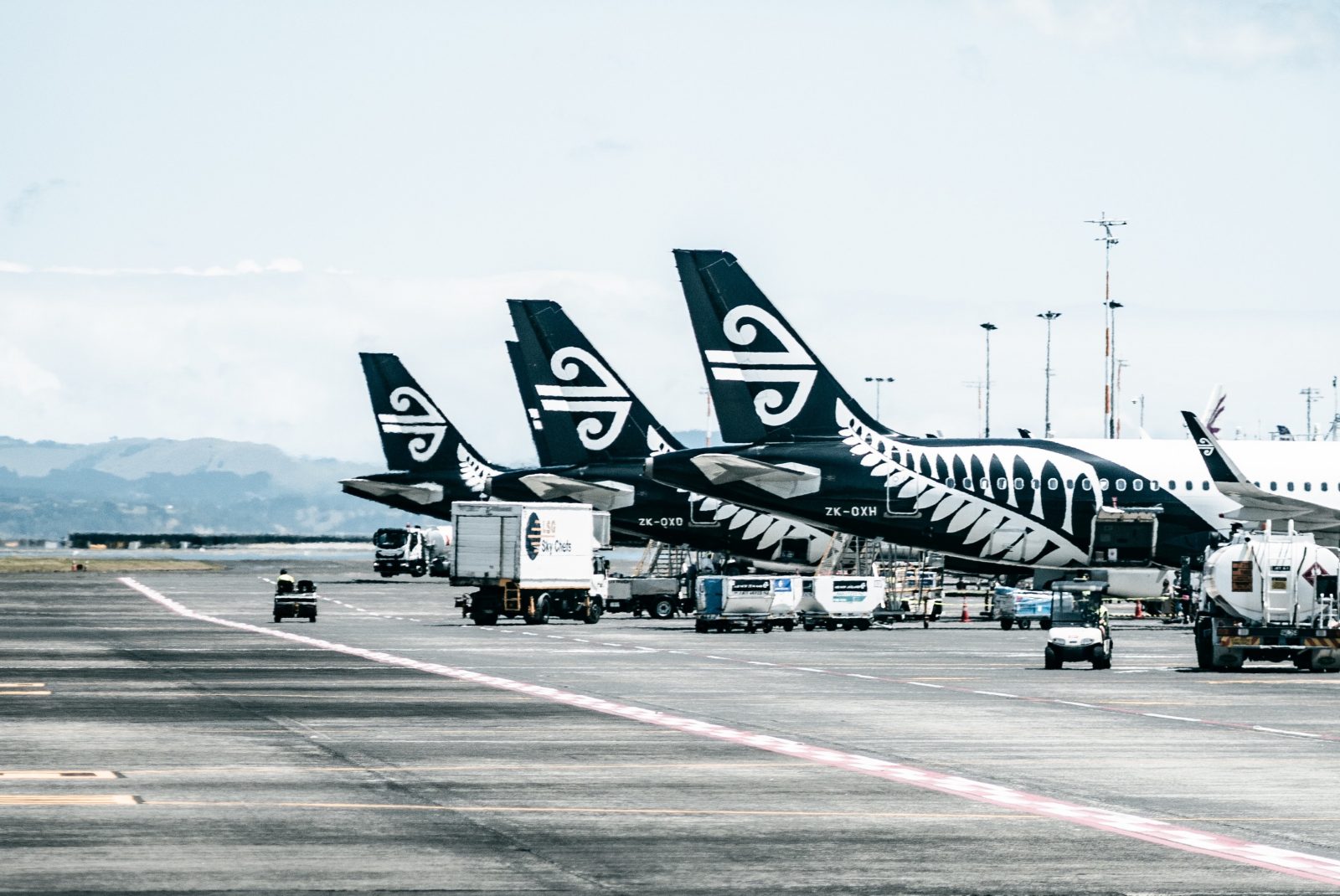
Air New Zealand must first “survive” the Corona crisis before it can go on to “revive and then finally thrive” according to the airline’s chief executive Greg Foran in a new memo to staff. Foran laid out an updated survival plan that will see even more job losses at the Kiwi flag carrier but the 800-day plan is designed to return the airline to “healthy profits” by 2022.
“We must first survive, then revive and finally thrive,” Foran said in the email. Air New Zealand has already slashed its pre-COVID workforce of 12,000 employees by around a third. At least 1,500 cabin crew, including nearly all of the airline’s international long-haul crew, have been cut after New Zealand shut its borders to keep out the novel Coronavirus.
On Monday, the country declared itself to be virus-free.
“I am really sorry we are in a situation of needing to reduce our wages bills further, but I believe this is what we need to do with some urgency,” Foran explained. Along with proposals to make even more employees redundant, the airline is also considering mandatory unpaid leave, furloughs and short-time working.
Foran envisions that the airline will have shrunk by as much as 70 per cent by the end of the pandemic but the E tū union said Air New Zealand had become so focused on saving money that it risked “being blinded to the importance of treating both employees and customers with respect”.
“The company is facing a big challenge, but now is not the time to repeat their past mistakes. To rebuild better, we need to keep these vital workers in jobs,” explained E tū Head of Aviation Savage. The union said workers were both “dismayed and angered” by the new $150 million cost-cutting plans.
During July and August, Air New Zealand plans to ramp up domestic capacity to 55 per cent of pre-Corona levels. The airline’s network manager, Scott Carr said the airline had been “encouraged” by the demand from leisure travellers and had recently seen an uptick in business travel.
During the height of the COVID-19 pandemic in late March, Air New Zealand carried just 1.4 per cent of its usual passenger numbers.
Related
Mateusz Maszczynski honed his skills as an international flight attendant at the most prominent airline in the Middle East and has been flying ever since... most recently for a well known European airline. Matt is passionate about the aviation industry and has become an expert in passenger experience and human-centric stories. Always keeping an ear close to the ground, Matt's industry insights, analysis and news coverage is frequently relied upon by some of the biggest names in journalism.







